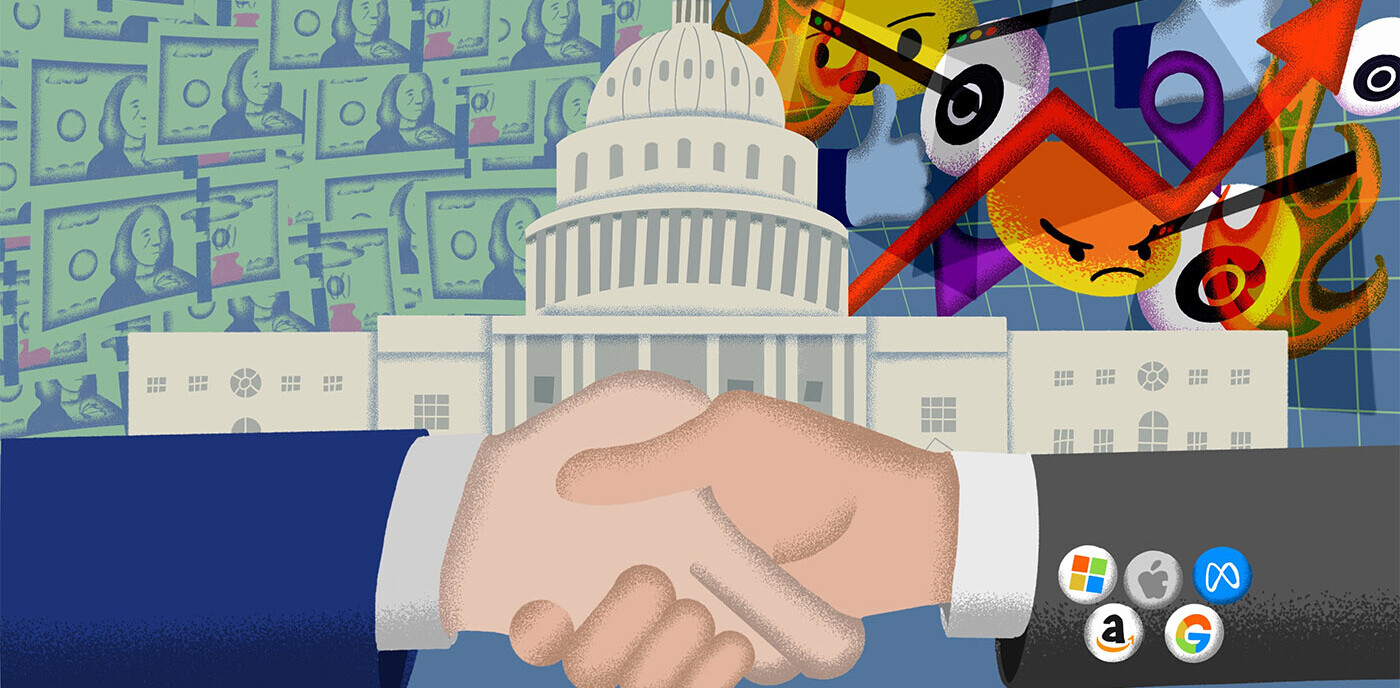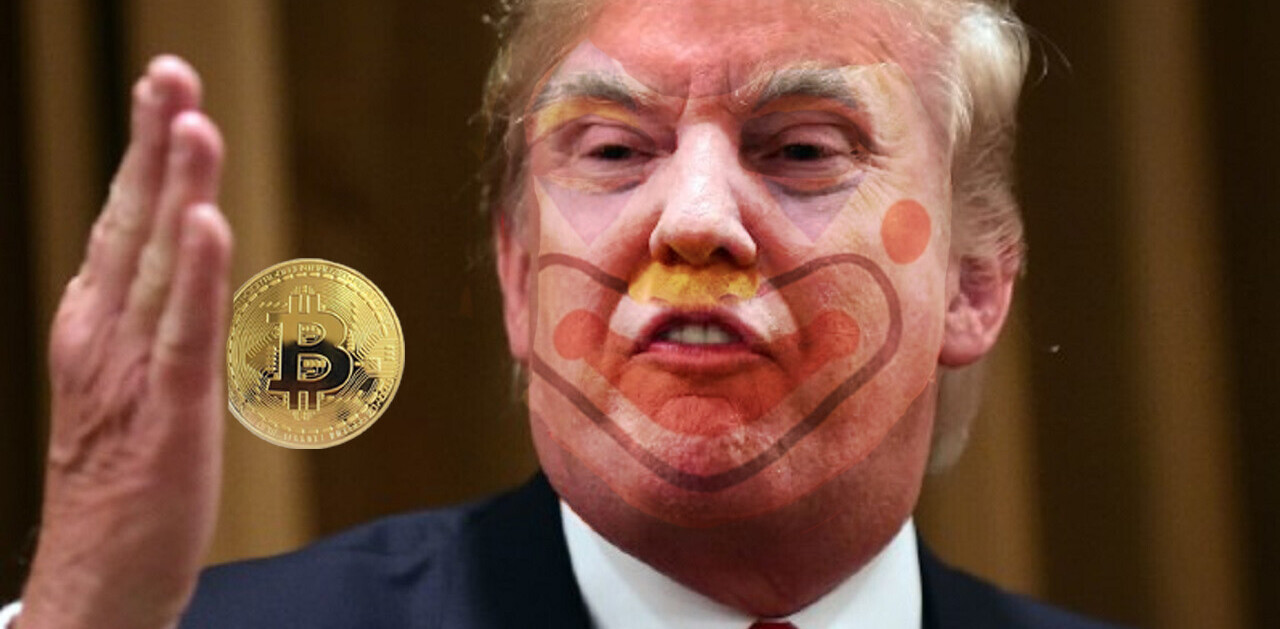
Wired reports that under the proposed Protect IP Act, introduced by 11 senators of the senate anti-piracy legislation, the government would be granted the authority to bring lawsuits against copyright infringing websites, and obtain court orders requiring search engines like Google to stop displaying links to them.
Sherwin Siy, deputy legal director at Public Knowledge, makes it clear that the scope of the legislation doesn’t only include sites that directly infringe copyright, but ones that enable and facilitate infringement as well. He adds:
“Even if the site isn’t itself infringing copyright, if its actions ‘enable or facilitate’ someone else’s infringement, the government can tell ISPs to blacklist your site, and copyright holders can sue to cut your funding.”
As opposed to the old COICA draft which allows for the seizure of domains, the new legislation instead gives power to the Justice Department to obtain court orders demanding American ISPs stop rendering the DNS for a particular website to disable access within the US.
Additionally, the new bill also gives content owners more rights, which allows them to seek court orders instructing online ad services and credit card companies from partnering with the infringing sites.
According to a report by the Business Software Alliance, the United States had the lowest piracy rate in the world at 20 percent; however, it ranked at the top in terms of the commercial value of pirated PC software, estimated at $9.5 billion dollars. The worldwide value of pirated software alone has reached $59 billion.
The new legislation enacts an intellectual-property enforcement that the recording industry, movie studios and software developers have been clamoring for.
Get the TNW newsletter
Get the most important tech news in your inbox each week.




